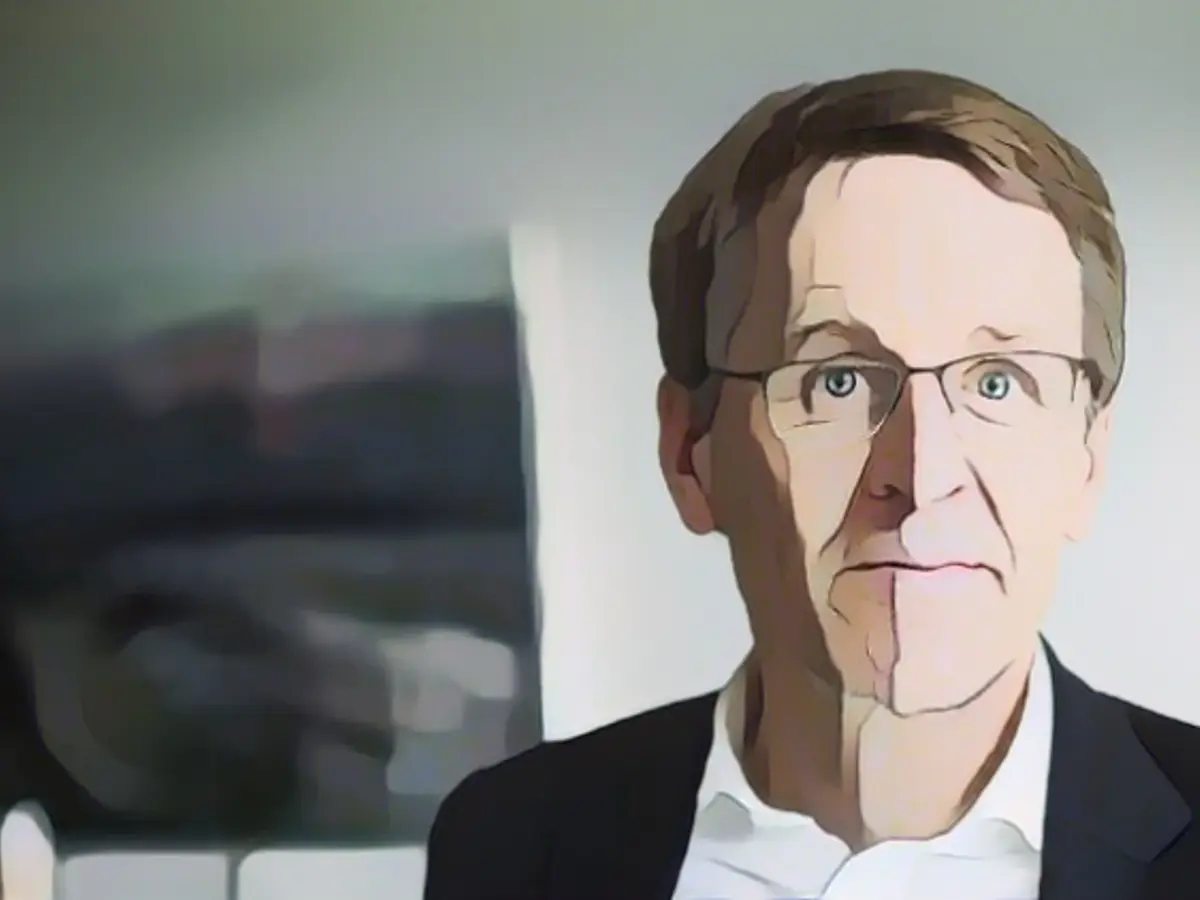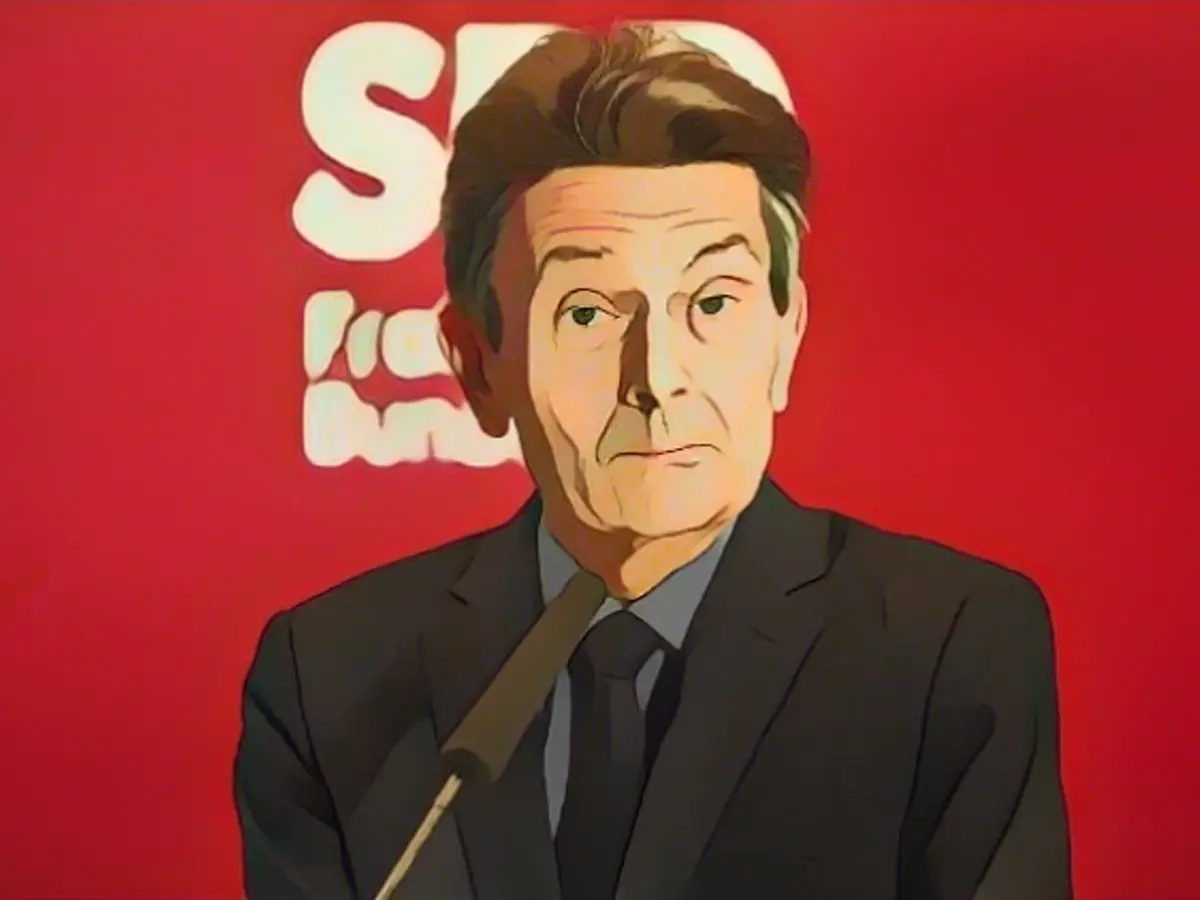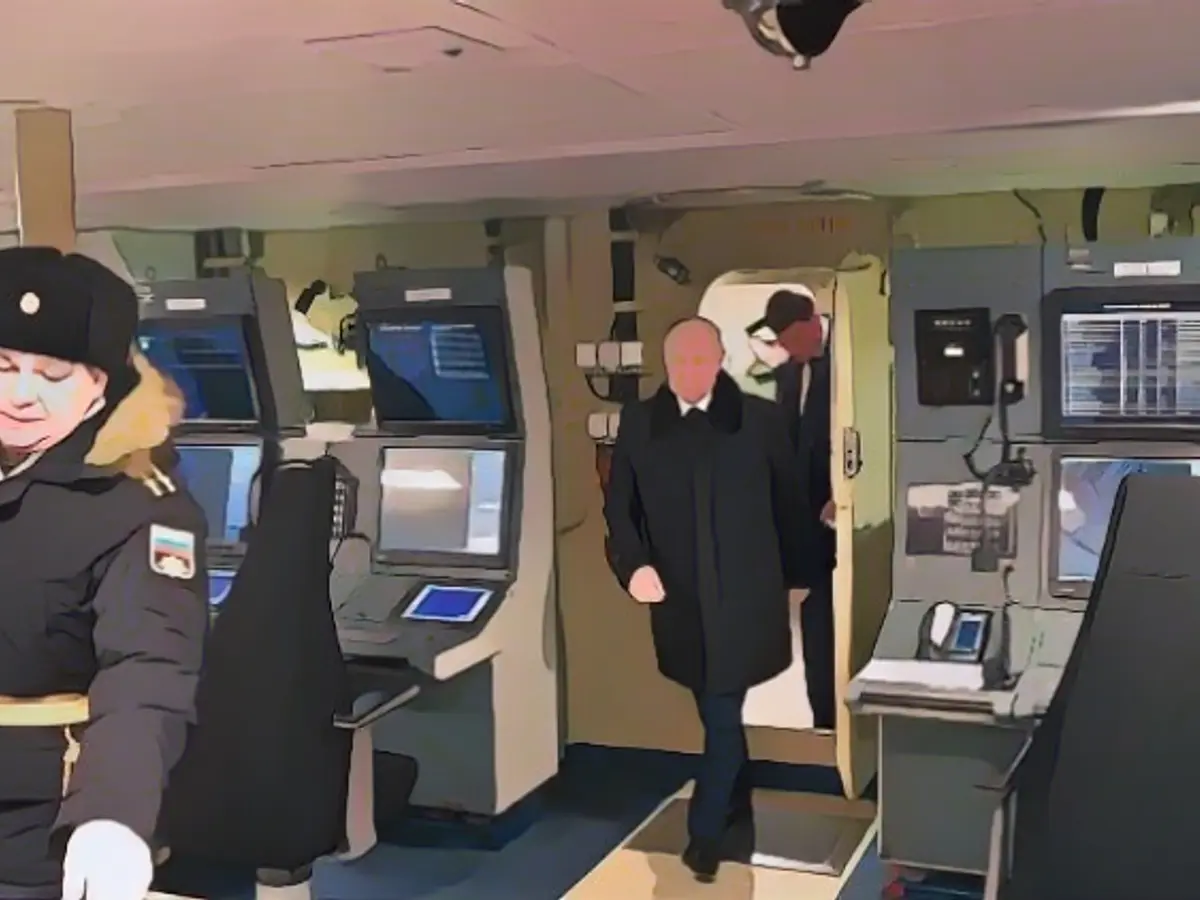Günther Slams Coalition's Chaos as "Irresponsible"
In an impassioned plea, Schleswig-Holstein's Minister-President Daniel Günther berated the federal government for failing to unite in the face of crises. The CDU politician slammed the disjointed decision-making process, accusing coalition partners of prioritizing their parties over the common good.
"We're dealing with extraordinarily challenging times," Günther remarked. "Yet, the federal government seems incapable of pulling together." He pointed to the recent budget agreement as an example, where all coalition partners second-guessed each other's decisions. This self-centered approach, Günther believed, was a recipe for disaster.
To him, the federal government's behavior in this exceptional situation was "irresponsible," risking the erosion of trust among the general public. He cited the controversial first draft of the heating law as an instance where the Economics Minister's party's interests superseded the concerns of the populace, leading to widespread disillusionment with politics.
"I've held my tongue so far," Günther admitted. "The coalition's challenges haven't made governing any easier, but any governing body needs to get into a consistent workflow at some point." Regrettably, this has yet to materialize.
"Scholz Must Lead," Günther Mandates
Echoing his earlier statements, Günther dispelled rumors of new elections. Instead, he underscored the federal government's duty to address pressing issues. "They were elected to govern," Günther emphasized. "The SPD, Greens, and FDP made a conscious decision to form a coalition and pledged to serve the nation effectively."
He demanded that Chancellor Olaf Scholz step up as a leader. "Scholz can't shirk away from his responsibilities," Günther insisted. A Bundestag vote of confidence wasn't his primary concern, though. Instead, Günzther advised Scholz to earn back the public's trust by clarifying government policies and ensuring that the coalition partners work cohesively.
Additionally,
Common crises, such as the aggressive war by Russia on Ukraine or the ongoing migration movement, intensified the situation. The stressful circumstances revealed the opacity and partisan-driven decisions of the federal government, eroding the public's trust in politics.
The controversial draft of the heating law, where economic concerns overshadowed the populous welfare, deepened the disenchantment with governmental policies. Günther's earlier welcomed silence regarding the coalition's challenges, has been met with increasing unease as crises mounted, leading him to voice his concerns.
References: -
Enrichment Insights: 1. Criticism of the debt brake policy can contribute to Günther's dissatisfaction with the federal government's financial policies. The rigid debt control measures may limit the available resources for government programs and hinder effective fiscal management. 2. Coalition dynamics are always complex. In the German federal system, the regional state leaders often have differing priorities and interests compared to the federal government, leading to disagreements. 3. If the government is seen as placing party interests ahead of the public's needs, as was evident in the heating law draft, that could result in significant damage to the public's trust in politics. 4. Federal politics can involve numerous crises and urgent policy decisions. When the federal government appears disorganized or fragmented, it can lead to a perceived lack of competence and responsibility, damaging trust in the political process.








